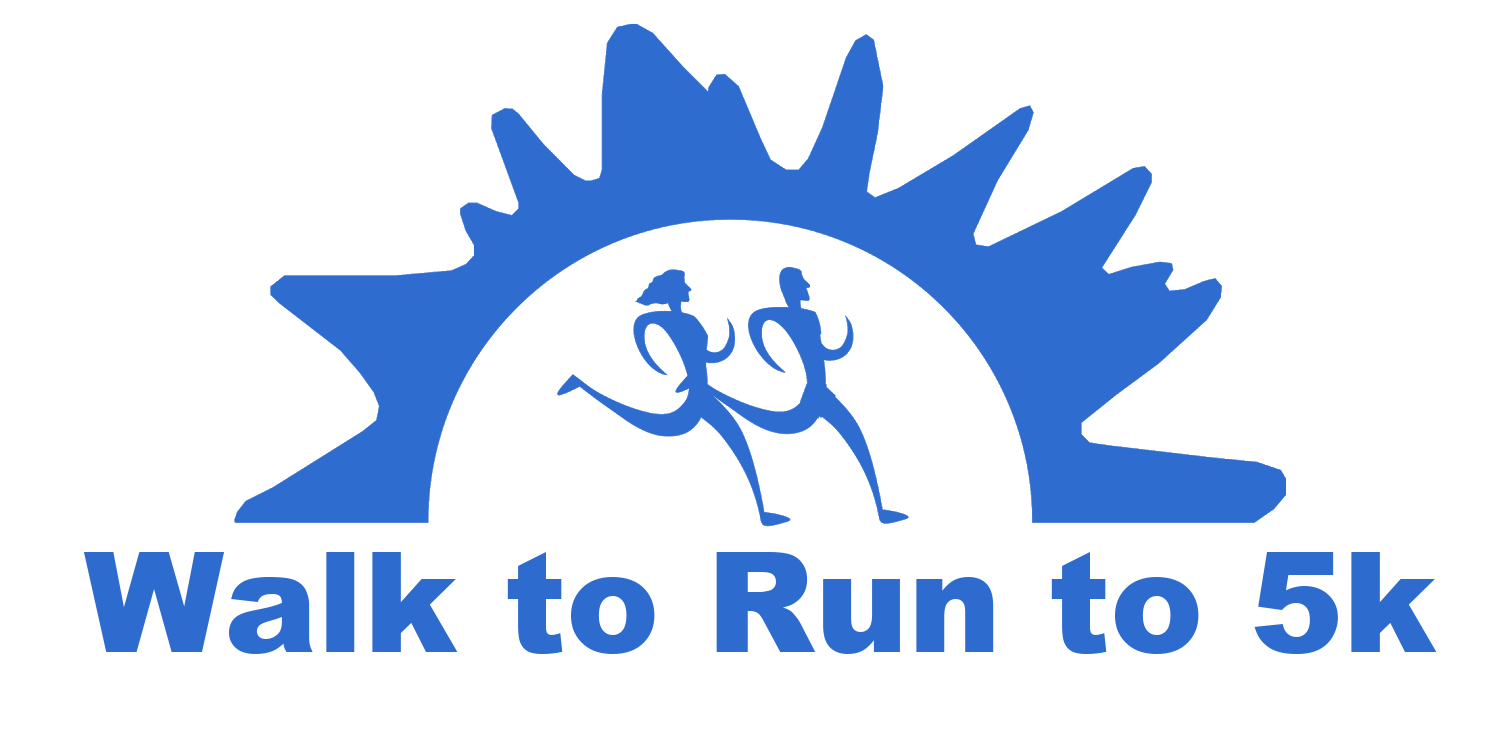How Beginner Runners Should Train if Unfit, Overweight, Older, or All of the Above
I would consider this the most unfit category, and as a result, the people who reap the greatest benefits from this wonderfully lifechanging journey, but it means the point of entry is right at the beginning, but more than that, it means progression will be, should be, at the most gradual pace, an extremely gradual pace.
Almost all people, like 90 percent of beginner runners, are overweight; it’s the #1 reason people decide to become runners, after all. They want to take up a sport that they will be able to continue for the rest of their lives, a sport that will, most importantly, burn off a reasonable number of calories, every day - or most days - for the rest of their lives.
This is a totally reasonable goal. Running, once you learn to love it, is a lifelong sport. Plenty of runners are in their 70’s and 80’s. As I, Deb Voiles, write this, I am 67 years old and averaging 38 miles a week. It’s not a stretch to say I could compete with most high school students in a flat out run and win. I’m talking about the ones not on sports teams.
If you fit this category of beginner you need to
Start by just walking, every day, until you can walk two miles without getting exhausted. Until that point you aren’t ready for any running, not even a little bit.
Avoid sitting for long periods of time. Now, due to your job, you may need to sit almost all day, but anyone can get up and walk around for three or four minutes an hour. Even that will make a difference.
Take advantage of coffee breaks and lunch time to walk around the parking lot or block. This will have a great impact, over time.
Begin some basic exercises that will help you avoid common beginner runner injuries. These include seated toe taps, wall sits, bridges, clam shells, and planks.
Start at the very beginning of any beginner program
Stick with each week of the program’s schedule until it’s no longer a challenge
Take a day off if anything hurts; I don’t mean sore muscles, but if it feels like an injury. If you’re not sure which it is, err on the side of caution. If it’s still bothering you the next day, take two days off, and so on.
